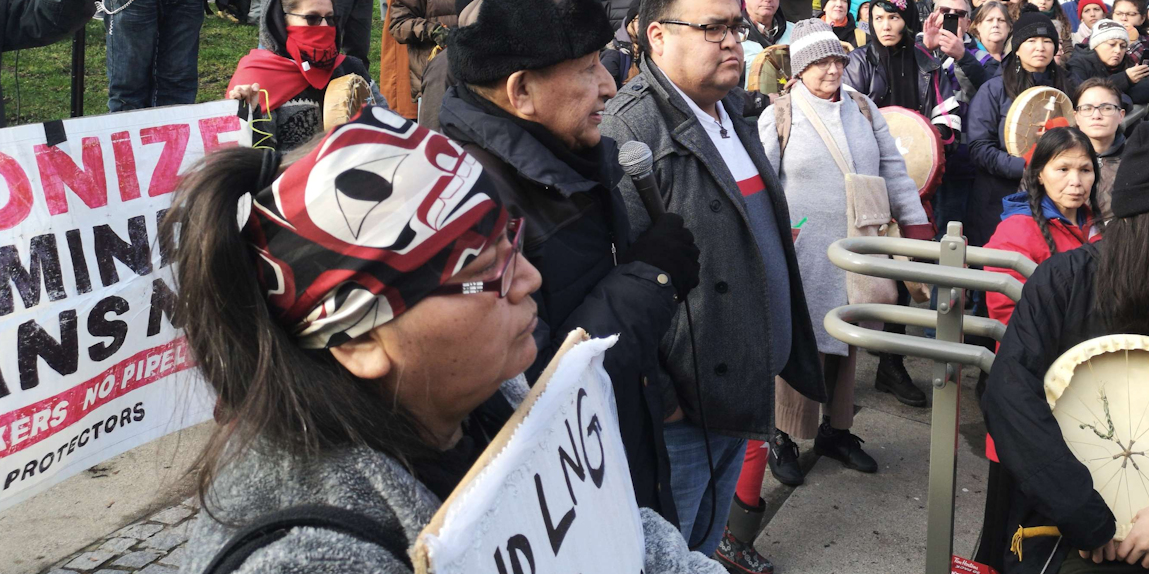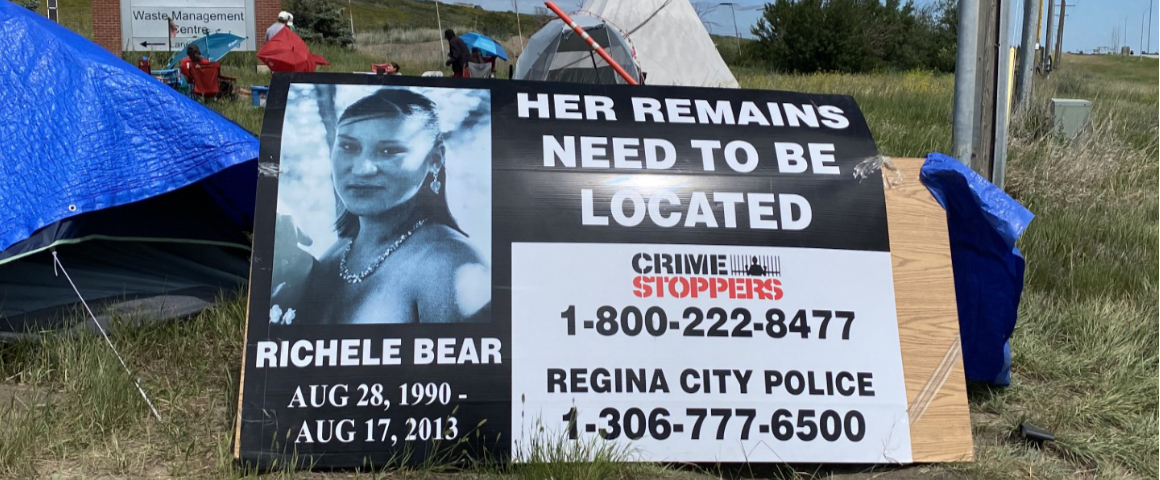The Canadian economy is slowing during the COVID-19 outbreak, and global energy prices keep falling, but both federal and provincial governments continue to support fossil fuel extraction and export projects.
One organization strongly opposed to this strategy is the Union of BC Indian Chiefs (UBCIC). In a recent series of letters and statements to Prime Minister Justin Trudeau, BC Premier John Horgan and other political leaders, the organization has demanded swift action “to protect the public’s health from the heightened risks of COVID-19 transmission posed by ongoing construction of the Coastal GasLink Pipeline Project.”
The UBCIC points out that those most vulnerable to the spread will be frontline healthcare workers, project workers, and local Indigenous and non-Indigenous communities in the area of north-central British Columbia.
The UBCIC has called on Canada and BC to honour Wet’suwet’en Title and Rights that have never been extinguished and are confirmed by the Supreme Court’s Delgamuukw ruling in 1997. As the organization stresses, under the standards enshrined in the United Nations Declaration on the Rights of Indigenous Peoples (UNDRIP), legislated in BC and endorsed (but not yet legislated) by the federal government, “free, prior, and informed consent of proper Title and Rights holders impacted must be achieved before any approval of any project affecting their land, territories, and other resources.”
The risks posed by continued work on the Coastal GasLink (CGL) project were not consented to. Despite the State of Emergency declared by BC, CGL has completed its winter construction targets after being classified as one of the “essential services” that are allowed to continue.
The UBCIC argues that “the expansion of economic enterprises cannot be considered essential when it directly endangers the health and wellbeing of every one of us.”
Speaking to broader issues, the UBCIC has also demanded that emergency relief in the energy sector must not enable massive public investment in fossil fuels. In a letter to Trudeau, the chiefs say, “as you are aware, the global COVID-19 pandemic and the concurrent crash in international oil prices has decimated the price of Canadian oil; its recovery in the coming weeks or months is unlikely with the decreased demand amid global measures to curtail the transmission of COVID-19. We recognize that Canada is taking steps to ensure the safety and economic security of Canadians in this tumultuous time, and we are aware that your government is negotiating a bailout of Canada’s oil and gas sector. We strongly feel that the urgent need for emergency relief should not enable massive public investment in fossil fuels. While Canada acts to address the current crises, the urgency of the climate crisis cannot be overlooked.”
The UBCIC calls for action to reduce fossil fuel production and export, and to support the development of clean renewable energy. It says that emergency stimulation of the Canadian energy sector must prioritize a just transition away from oil dependence through several measures – remediation of abandoned oil wells and tailings ponds in partnership with affected Indigenous Nations, investment in public clean energy projects and infrastructure, and stipulation that any oil and gas companies receiving a publicly funded bailout must scale down production by meeting attainable interim emissions targets before 2030.
As the UBCIC has told Trudeau. “Now is the time to make tangible and lasting progress toward reducing the country’s emissions in a manner that both provides relief from the impacts of COVID-19 and that respects and upholds Indigenous Title and Rights and Treaty Rights, the needs of workers, and the millions of people who are imperiled by the recklessness of the world’s polluters.”




